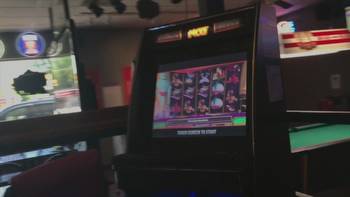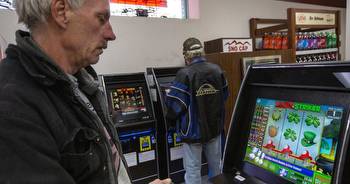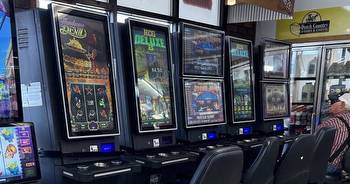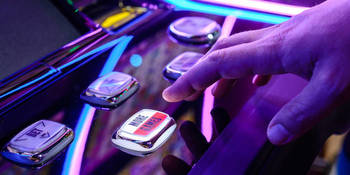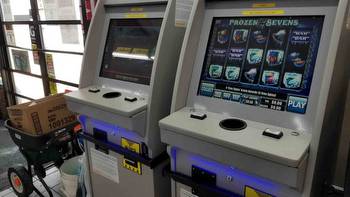Judge Tosses Missouri Video Slots Lawsuit By Addicts Who Say 'Slot Machines Were Thrust Upon Them'

A federal judge has thrown out a lawsuit that sought to shut down Torch Electronics, owner of thousands of video games offering cash prizes in retail locations throughout Missouri.
U.S. District Judge Brian Wimes, in a decision issued last week, decided that the seven plaintiffs lacked standing under the federal Racketeer Influenced and Corrupt Organizations Act. To sue successfully under that statute, Wimes wrote, a plaintiff must show a “tangible injury to business or property” and losing money gambling is a discretionary act they could have avoided by not playing.
“Specifically, plaintiffs state they did not voluntarily use the slot machines at issue because ‘the slot machines were thrust upon them unwanted, irresistible like the Sirens of Greek Myth’,” Wimes wrote. “However, plaintiffs provide no authority to support the contention that their use of the slot machines was involuntary simply because the machines are readily accessible.”
Along with Torch, the lawsuit filed in March in Missouri’s Western District also named two convenience store companies – Mally Inc. and Warrenton Oil Company – and three individuals as defendants.
The individual defendants in the dismissed federal case were Steven Miltenberger, founder of Torch, and brothers Mohammed and Rami Almuttan, sentenced last year to federal prison on charges of smuggling cigarettes. Mohammed and Rami Almuttan are the owners of Mally Inc.
Joe Jacobson, the St. Louis attorney who filed the case, said he’s disappointed in the decision because he had expected to expand on the nature of gambling addiction as the case progressed.
When the case was filed, Jacobson said his goal was to rid the state of Torch’s machines. The clients named in the lawsuit all have gambling problems and several have placed themselves on the state’s exclusion list as compulsive gamblers. People who add their names to the list are not allowed to enter a licensed casino in Missouri.
“We’ve got a client who’s been homeless as a result of his gambling on these slot machines in gas stations,” Jacobson said. “I just think that we as a society should recognize the fact of what addictions are.”
The lawsuit made two other claims. It also seeks damages under the state Merchandising Practices Act, accusing Torch of omitting material facts essential for consumers to make an informed decision about how to spend their money. The lawsuit also invokes a state statute that allows money lost while gambling illegally to be recovered in court.
Wimes ruled that because he dismissed the RICO claim, the remaining portions of the lawsuit are governed by state law and he declined to retain federal jurisdiction.
Jacobson has asked Wimes to reconsider his decision. The allegations of Missouri Merchandising Practices Act violations involves claims of more than $5 million and there are more than 100 members of the class of people who are victims, he said.
“We can appeal, dismissal of the RICO claim because that’s on the merits,” Jacobson said. “We have not yet decided whether we’re going to appeal.”
The case will be refiled in a Missouri court if Wimes does not reinstate the federal action, he said.
Torch argues its games are legal because they are “pre-reveal” devices that allow a player to find if their next wager will win on any of the individual games or wagering amounts offered by a device.
That argument has been tested only once at trial, in Platte County. In that case, a Kansas firm called Integrity Vending was found guilty of promoting gambling and fined $7,500.
No criminal case involving a Torch machine has gone to trial.
Legislative attempts to control the machines, also called “gray market” devices because of their questionable legality, have gone nowhere amid political fighting between casinos that want lawmakers to legalize sports wagering and companies that want to place video lottery terminals around the state.
Since 2019, Torch and Warrenton Oil have contributed almost $1.4 million to influence elections, in most cases donating the money to political action committees connected to their lobbyist, Steve Tilley.
Warrenton Oil, which operates 54 Fast Lane convenience stores, joined Torch in a lawsuit filed early in 2021 in Cole County attempting to block the Missouri State Highway Patrol from investigating its operations. That case is scheduled for trial in October.
Kansas City attorney Todd Graves, who represents the defendants in the federal lawsuit, did not respond to a Wednesday email seeking comment.













